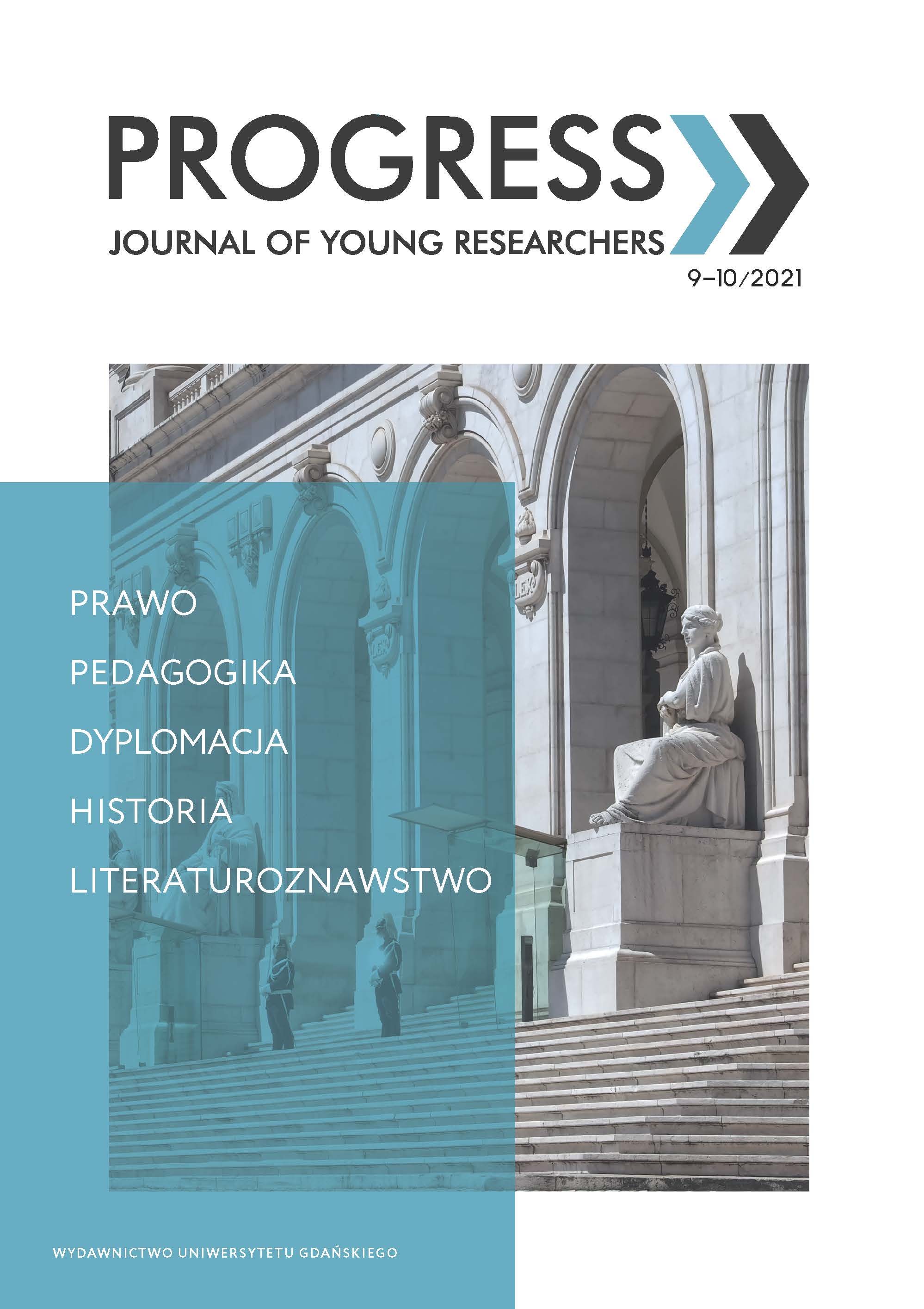The purpose of investigating the causes and circumstances of marine accidents
DOI:
https://doi.org/10.26881/prog.2021.9.06Keywords:
maritime law, maritime safety, maritime accident,, safety culture, SMAIC – State Marine Accident Investigation CommissionAbstract
The purpose of the article is to prove that undertaking research into the causes and circumstances of maritime accidents has a significant impact on increasing the level of maritime safety. State Marine Accident Investigation Commission, unlike the judicial authorities, does not seek to find those responsible for a marine accident or incident. The Commission’s main task is to prevent future maritime accidents and incidents. The author of the article will also highlight the role of preventive recommendations issued by the PKBWM and the need to create a safety culture.
Downloads
References
Abuelenin A., 2017, Obligations of Authorities Investigations towards the Improvement of procedures of Marine Accident Investigation, „Journal of Social Science Studies”, No. 4.
Dhillon B.S., 2007, Human Reliability and Error in Transportation Systems, London.
Kristiansen S., 2005, Maritime Transportation: Safety Management and Risk Analysis, Elsevier.
Łuczywek C., 2012, Państwowa Komisja Badania Wypadków Morskich, „Prawo Morskie”, Gdańsk.
Łuczywek C., 2017, The legal basis and scope of authority and activity of the Polish State Marine Accident Investigation Commission, „Maritime Law”, Vol. XXXIII.
Mokhtari A.H., Khodadadi Didani H.R., 2013, An Empirical Survey on the Role of Human Error in Marine Incidents, „TransNav the International Journal on Marine Navigation and Safety of Sea Transportation”, No. 7.
Mousavi M., Jafari M., 2017, Marine accidents investigation methods based on the role of human factors in accidents, „International Journal of Scientific Study”, No. 5.
Pyć D., 2019, Bezpieczeństwo jako funkcja morskiego prawa publicznego, Prawo Morskie, t. XXXVI.
Pyć D., 2017, Wpływ zaleceń Państwowej Komisji Badania Wypadków Morskich na stan bezpieczeństwa morskiego, Gdańskie Studia Prawnicze, t. XXXVIII.
Szymankiewicz D., 2017, Legal aspects of investigating marine accidents in Poland, Zeszyty Naukowe Akademii Morskiej w Szczecinie, nr 51.
Prawo międzynarodowe
Rezolucja MSC IMO:
W sprawie przyjęcia Kodeksu Standardów Międzynarodowych i Zalecanych Praktyk Dotyczących Badania Wypadku Morskiego lub Incydentu Morskiego (Kodeks Badania Wypadków) (MSC.255(84))
Rozporządzenie KE
Rozporządzenie Komisji (UE) nr 1286/2011 z dnia 9 grudnia 2011 r. w sprawie przyjęcia wspólnej metodologii badań w sprawie wypadków i incydentów morskich opracowanej zgodnie z art. 5 ust. 4 dyrektywy 2009/18/WE Parlamentu Europejskiego i Rady (Dz.Urz. UE z 10.12.2011 L328).
Prawo krajowe
Ustawa z dnia 31 sierpnia 2012 r. o Państwowej Komisji Badania Wypadków Morskich (t.j. Dz. U. z 2019 r., poz. 1374 z późn. zm.).
Ustawa z dnia 18 sierpnia 2011 r. o bezpieczeństwie morskim (t.j. Dz. U. z 2021 r., poz. 234 z późn. zm).
Inne
MSC.MEPC.Guidance on near-miss reporting: http://www.imo.org/en/OurWork/MSAS/Casualties/Documents/MSC%20MEPC.7-circ.7.pdf (dostęp: 2.04.2020).
Raport PKBWM: http://pkbwm.gov.pl/images/uchwaly_raporty/raporty/ Raport_koncowy_WIM_15_15_ Down_North.pdf.
Raport PKBWM: http://pkbwm.gov.pl/images/uchwaly_raporty/raporty/ Raport_koncowy_Achilles.pdf.
Roczna analiza wypadków i incydentów morskich PKBWM 2018:https://pkbwm.gov.pl/wp-content/uploads/images/sampledata/analizy/Analiza_roczna_2018.pdf (dostęp: 25.03.2020).
Uzasadnienie do ustawy o PKBWM: http://bip.kprm.gov.pl/download/75/12857/RM_106911_uzasadnienie.pdf (dostęp: 25.03.2020).
Downloads
Published
How to Cite
Issue
Section
License
Copyright (c) 2021 Author(s)

This work is licensed under a Creative Commons Attribution 4.0 International License.

 Academic Scientific Journals
Academic Scientific Journals




